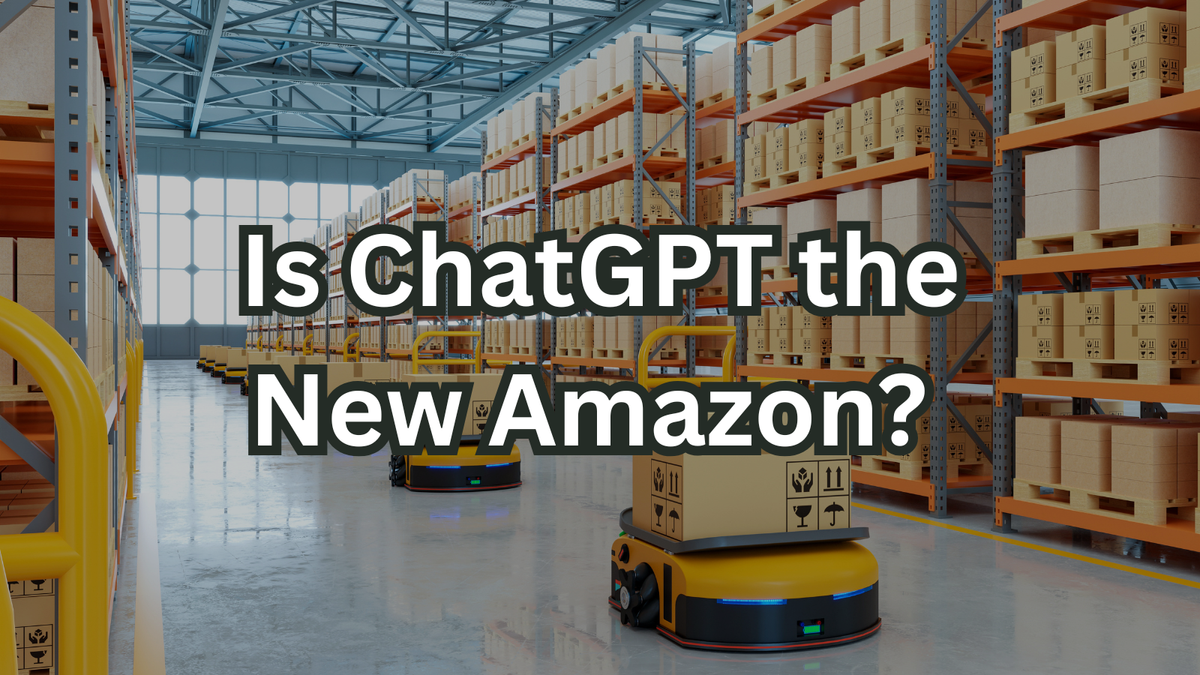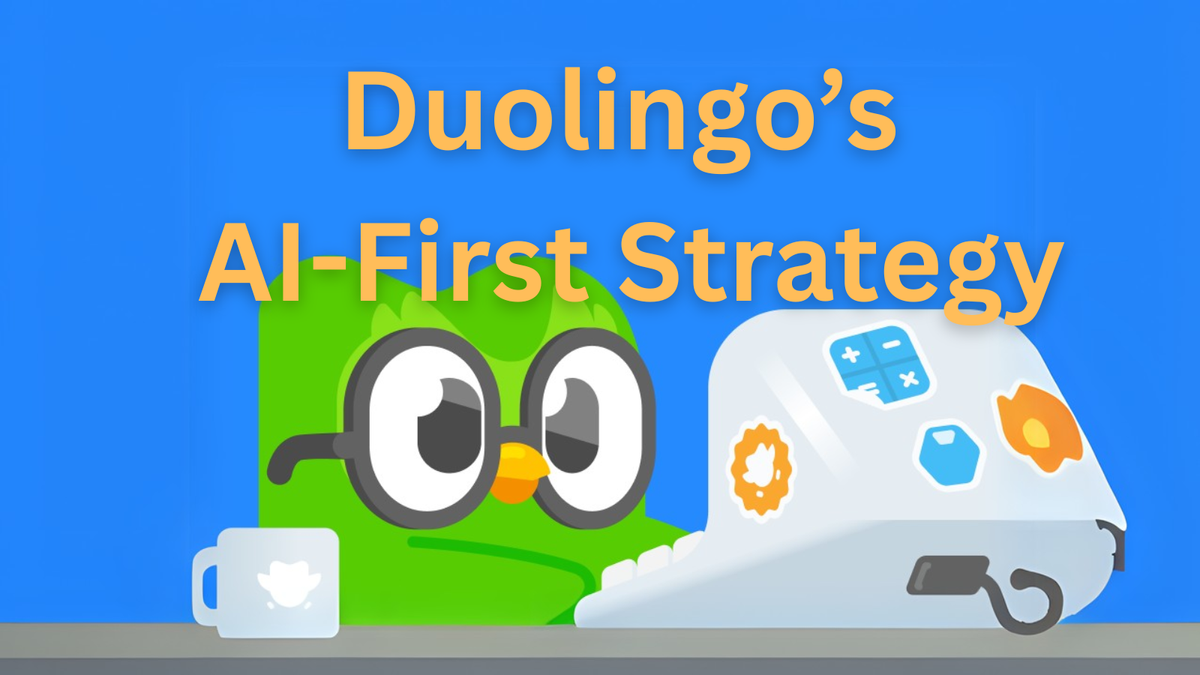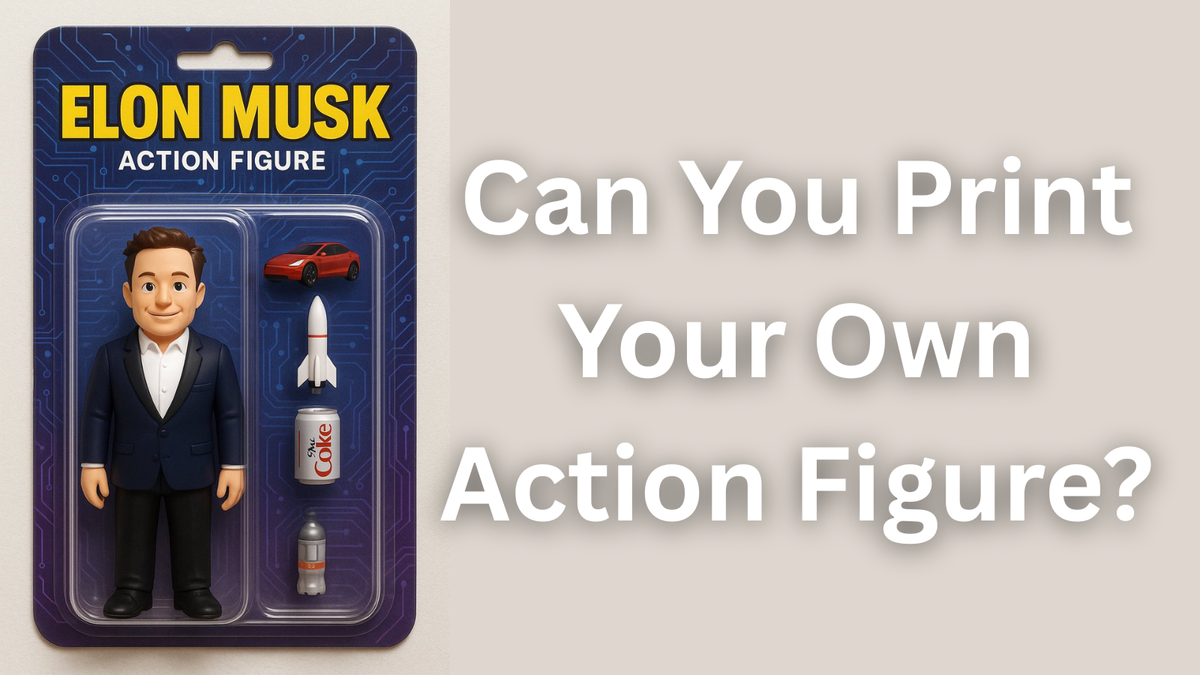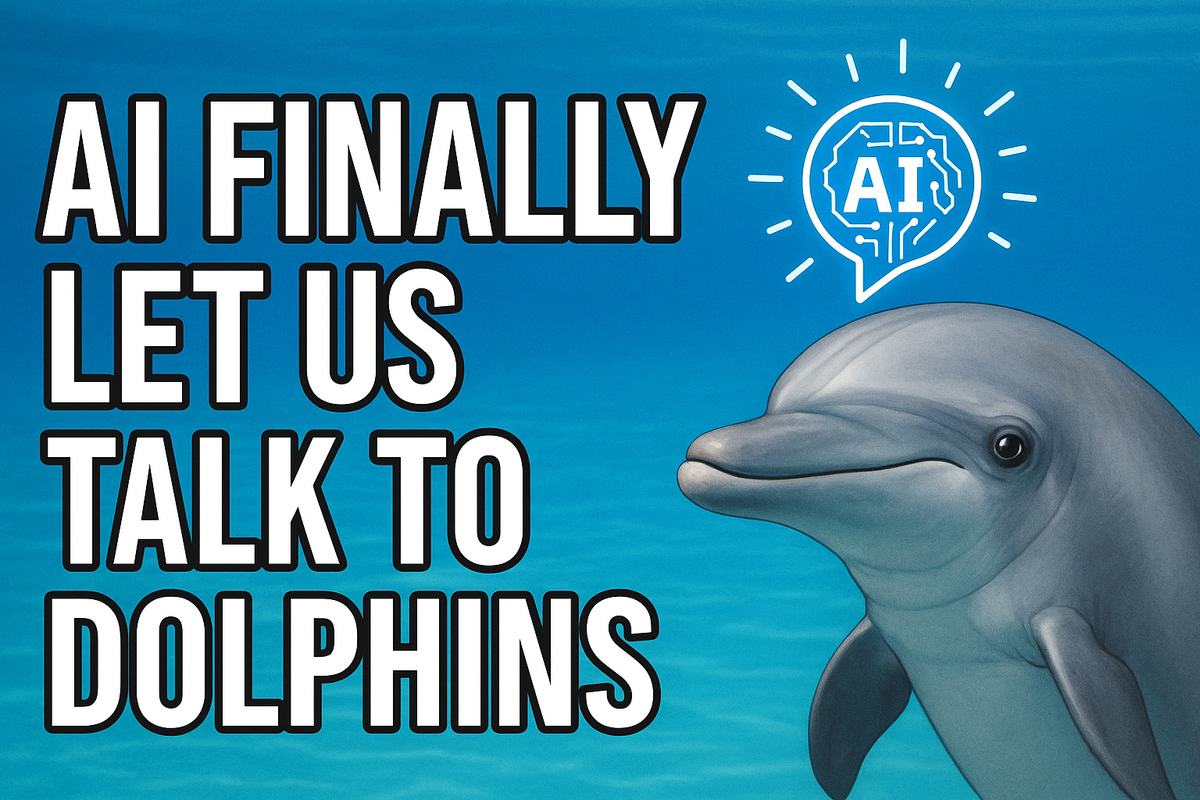Is Meta's AI Ambition Outpacing EU Privacy Rights?
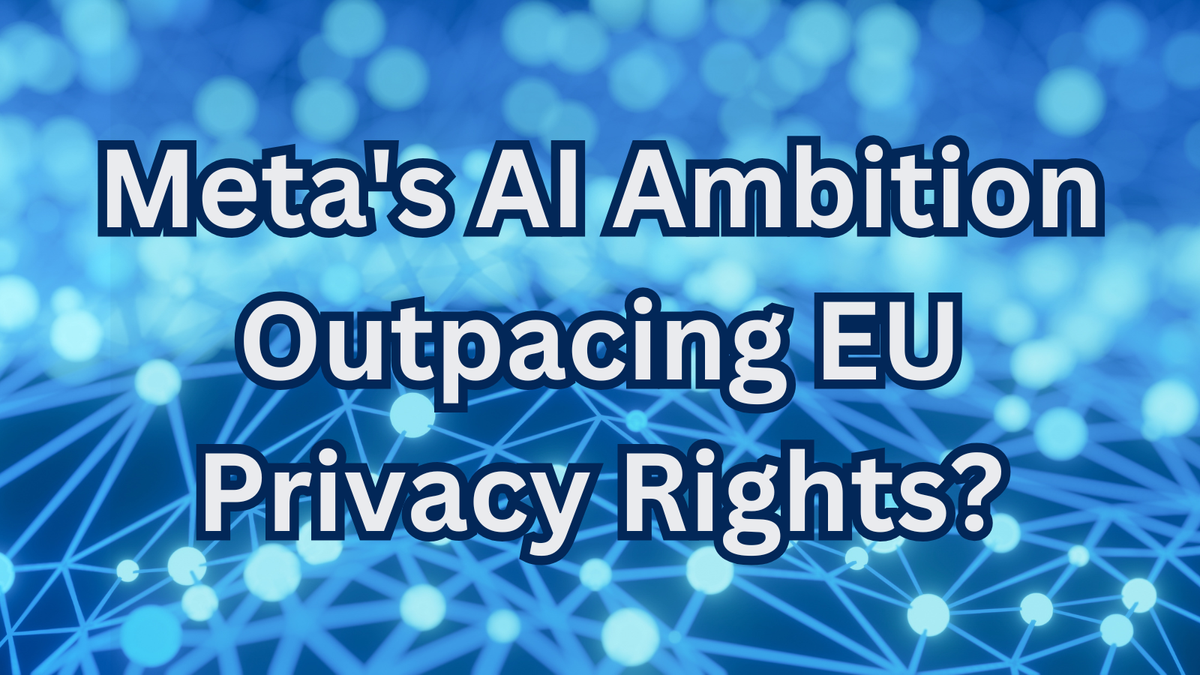
Meta’s latest move to train AI on EU user data sparks a privacy vs. innovation showdown. The tech giant recently announced it will use public posts, comments, and AI interactions from European adults to refine its AI models. While Meta claims this will create culturally attuned tools for Europe’s diverse population, critics warn of consent loopholes and ethical risks. Let’s unpack the stakes.
🌐 The Data Dilemma: What’s Really at Stake?
- Public ≠ Consent: Content shared publicly on Facebook or Instagram wasn’t intended as AI training fodder. Users post personal stories or memes for their circles, not to feed algorithms.
- Opt-Out, Not Opt-In: Meta’s objection form requires proactive user effort. Critics argue this defaults to data usage unless users navigate bureaucratic hurdles.
- Bias Amplification: Social media mirrors societal flaws—racism, misinformation, stereotypes. AI trained on this risks scaling those issues unless rigorously filtered.
- Copyright Gray Zones: Original user content (text, art, videos) could become AI training material, raising questions about compensation and ownership.

✅ Meta’s Defense: Transparency and ‘European-First’ AI
Meta positions itself as a regional innovator, pledging:
- ✅ No Private Chats: Excludes WhatsApp/Facebook Messenger conversations from training data.
- ✅ Age Restrictions: Blocks under-18 EU accounts from dataset inclusion.
- ✅ Regulatory Alignment: Cites December 2024 EDPB approval and claims compliance with EU laws.
- ✅ Cultural Nuance: Aims to capture dialects, humor, and local knowledge for better EU-specific AI tools.
Meta also notes rivals like Google and OpenAI have used similar data, arguing their approach is “more transparent.”
⚠️ The Roadblocks Meta Can’t Ignore
- 🚧 Notification Overload: Users may miss or ignore in-app alerts about data usage amid daily notification spam.
- 🚧 Bias Enforcement: No clear metrics on how Meta will filter harmful content from training sets.
- 🚧 Legal Precedents: Ongoing lawsuits against AI firms (e.g., Getty Images vs. Stability AI) could reshape copyright norms.
- 🚧 Transparency Theater: While Meta touts openness, specifics on data weighting or output safeguards remain vague.
🚀 Final Thoughts: Can Innovation and Privacy Coexist?
Meta’s EU AI push hinges on:
- 📈 User Awareness: Simplifying opt-out processes and ensuring genuine consent.
- 📈 Bias Audits: Third-party reviews of AI outputs for cultural sensitivity.
- 📈 Regulatory Trust: Proving compliance isn’t just legal checkbox-ticking.
As AI hungers for data, Europe’s response could set a global precedent. Should tech giants prioritize localized AI over user privacy—or is there a middle ground? What’s your take?
Let us know on X (Former Twitter)
Sources: Ryan Daws. Meta will train AI models using EU user data, April 15, 2025. https://www.artificialintelligence-news.com/news/meta-will-train-ai-models-using-eu-user-data/



